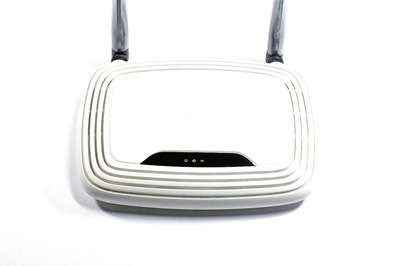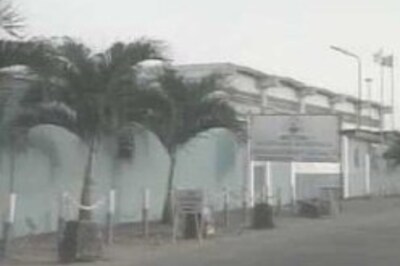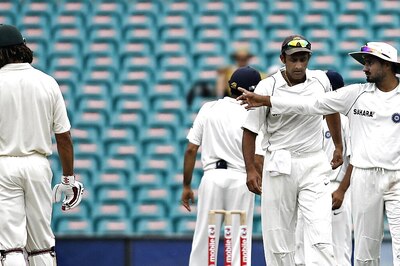
views
New Delhi: The stand-off between the Central Bureau of Investigation (CBI) and the Andhra Pradesh government took a turn for the worse late on Friday night, with the probe agency accusing the latter of not allowing it to set a trap for a union government official accused in a bribery case.
The CBI said the state's anti-corruption bureau (ACB) instead surreptitiously used the information it had provided to arrest the employee.
Sources said the CBI had received a written complaint from K Lokesh Babu on November 28, accusing a Central Board of Indirect Taxes and Customs (CBIC) superintendent of demanding a bribe of Rs 35,000.The official, MK Ramneswar, had allegedly demanded the money for not raising objections in the CGST returns filed by the complainant’s firm.
The central agency wrote a ‘secret’ letter addressed to the principal secretary (Home), Andhra Pradesh government, on the same day and sent it by hand through a deputy superintendent of the CBI.
In the letter, it was requested to issue specific consent to the agency to lay a trap in the case, while also seeking that the information be kept confidential, sources said.
The next day, the superintendent personally called on the principal secretary and requested for early action in issuing the consent under Section 6 of the Delhi Special Police Establishment Act.
The step was crucial to register a case and also lay a trap as the Chandrababu Naidu government had withdrawn the General Consent given to the CBI on November 8, barring the agency from conducting probes or raids without permission.
After there was no response from the state government, another letter was sent to the principal secretary with a copy marked to the chief secretary from the CBI’s Head of Zone on November 30. The letter requested for an immediate issuance of specific consent.
However, the Andhra Pradesh government, instead of issuing the consent, shared the case details with state Anti-corruption Bureau, which then lay a trap to catch the accused, the CBI said.
In a press statement issued late on Friday, the CBI “deeply regretted” the non-cooperation by the state home department in the matter.
“The state ACB issued a press release as if the complainant has directly approached them. CBI deeply regrets such non-cooperation by the State Home Department in this matter. This will only make the fight against corruption more difficult for the anti-corruption agencies and the mutual trust between the agencies will be vitiated,” read the statement, which emphasised on eradication of corruption through mutual cooperation and trust.
Tension between the central agency and the Andhra government came to a head a few weeks ago when the latter issued a notification withdrawing consent accorded to officers of the investigation agency to carry out search and operations without informing it first.
Later, the West Bengal government too withdrew the free pass or "general consent" to the country's top investigation agency.
In the absence of this permission, the CBI cannot interfere with any case that takes place within the limits of Andhra Pradesh any more. The state government had cited lack of confidence in the CBI after its officials were accused in recent scams.
The state will no more rely on the resources of the central institution for additional investigations in unresolved cases. With the latest decision, the CBI cannot conduct raids any more in AP and its functions would now have to be carried out by the Anti-Corruption Bureau (ACB) of AP within the state limits.
But more importantly, this also gives the ACB enough powers to conduct raids and searches on central government departments and institutions located in the state if there are any suspicions.




















Comments
0 comment